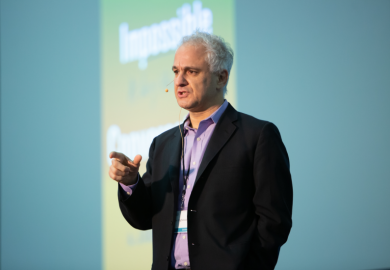What is the point of acting?" asks T. D. J. Chappell. He dismisses monism's answer (that all actions have a single ultimate goal, like pleasure) as oversimplifying human motivation. He dismisses nihilism's answer (that actions have no point) as paradoxical and self-defeating. There remains pluralism, which accepts several ultimate goals.
The author's basic goods include things like friendship, beauty, pleasure, life, knowledge, and achievements - but not wealth or liberty. The basic goods are objective, and various cultures would come up with similar lists. We arrive at basic goods by repeatedly asking: "Why do we want this?" We have found a basic good when we come to an answer (like "because it brings pleasure") that is intelligible without further explanation.
Chappell's naturalistic approach grounds what is ultimately good on what ultimately motivates us. G. E. Moore would object that what ultimately motivates us may or may not be ultimately good. If we were so built that we desired the suffering of our enemies for its own sake, would that make this suffering intrinsically good?
For Chappell's naturalism to be workable, it needs some better criterion to separate good from bad ultimate desires. Chappell contends that the basic goods cannot meaningfully be measured on a common scale and totalled; so the consequentialist duty to "maximise" total value is senseless. Instead, we are free to pick what basic goods we want to emphasise in our lives. However, it is always wrong to violate a basic good; this idea leads to exceptionless norms (for example, against murder, which violates the basic good of life). Thus we come to a very non-consequentialist ethics.
In determining our duties, Chappell appeals to his intuitions about what demands various goods make on us. This is admittedly weak, since other people may have different intuitions. But the view is claimed to gain strength by explaining better than competing views our intuitions about moral absolutes and about our wide moral freedom to choose how to live our lives.
Chappell adopts naturalism about goodness but intuitionism about duty. Why the shift? Reasons for accepting a given meta-ethical view about goodness normally carry over into reasons for accepting the same view about duty. So the shift needs some explanation.
He goes on to discuss self-identity. Metaphysically and ethically, humans are biological substances. Chappell disputes opposing views of Derek Parfit and Michael Tooley - and draws anti-abortion corollaries. He ends by talking about how a life's "narrative structure" contributes to its value and to our sense of "who we are" as individuals.
Chappell's book gives an original and highly plausible approach to normative ethics.It deserves to be taken seriously by professionals in moral philosophy. Philosophers dealing with the problem of evil could also learn much from it.
Harry J. Gensler is professor of philosophy, John Carroll University, Cleveland, United States.
Understanding Human Goods: A Theory of Ethics
Author - T. D. J. Chappell
ISBN - 0 7486 1029 4 and 1028 6
Publisher - Edinburgh University Press
Price - £40.00
Pages - 218
Register to continue
Why register?
- Registration is free and only takes a moment
- Once registered, you can read 3 articles a month
- Sign up for our newsletter
Subscribe
Or subscribe for unlimited access to:
- Unlimited access to news, views, insights & reviews
- Digital editions
- Digital access to THE’s university and college rankings analysis
Already registered or a current subscriber? Login



